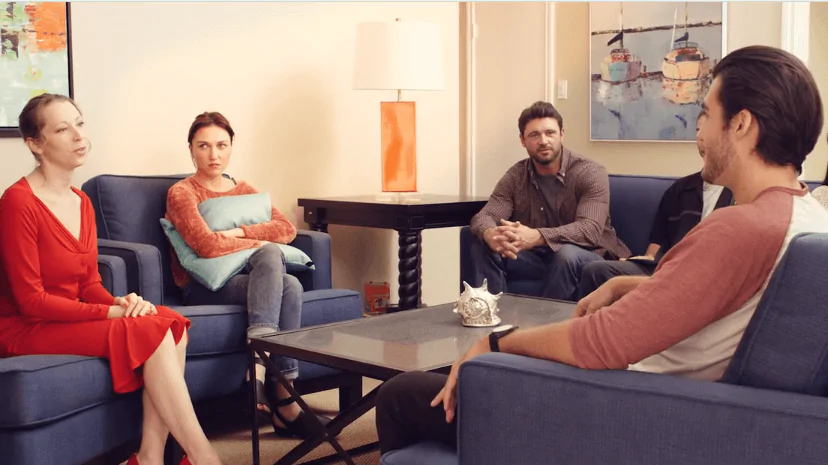24/7 Helpline:
(866) 899-221924/7 Helpline:
(866) 899-2219
Learn more about Anxiety Treatment centers in Rose Hill
Anxiety Treatment in Other Cities
Other Categories in Rose Hill

Other Insurance Options

United Health Care

Health Net

Highmark

Regence

AllWell

Medical Mutual of Ohio

Health Partners

Sliding scale payment assistance

Aetna

Sutter

MHNNet Behavioral Health

Optum

Coventry Health Care

Access to Recovery (ATR) Voucher

Anthem

Horizon Healthcare Service

Covered California
Beacon

Molina Healthcare

American Behavioral

New Dimension Group
New Dimension Group offers outpatient services for individuals with a mental health diagnosis. The p...









Mahaska Behavioral Health Services
Mahaska Behavioral Health Services is a public rehab located in Oskaloosa, Iowa. Mahaska Behavioral ...

Sieda Community Action
Sieda Community Action provides services designed to strengthen families, promote child development,...

Behavioral Health Services
Behavioral Health Services is a public rehab located in Oskaloosa, Iowa. Behavioral Health Services ...

The Guidance Center
The Guidance Center is located in Oskaloosa, Kansas. They offer mental health treatment services to ...

Grace Counseling
Grace Counseling is a private rehab located in Cedar, Minnesota. Grace Counseling specializes in the...
Mental Health America of Dutchess County
Mental Health America of Dutchess County is a private rehab located in Beacon, New York. Mental Heal...
Astor Services for Children and Families – Beacon Counseling Center
Astor Services for Children and Families - Beacon Counseling Center is located in Beacon, New York. ...




















Crossroads of Pella – Edge of Recovery
Crossroads of Pella – Edge of Recovery is a private rehab located in Oskaloosa, Iowa. Crossroads of ...

Saint Francis Hospital – Inpatient Rehab
Saint Francis Hospital – Inpatient Rehab is a private rehab located in Beacon, New York. Saint Franc...

VMC Consulting Services
VMC Consulting Services is a private rehab located in Beacon, New York. VMC Consulting Services spec...

Lexington Center for Recovery
Lexington Center for Recovery offers a program of recovery which respects the dignity and individual...

















































































